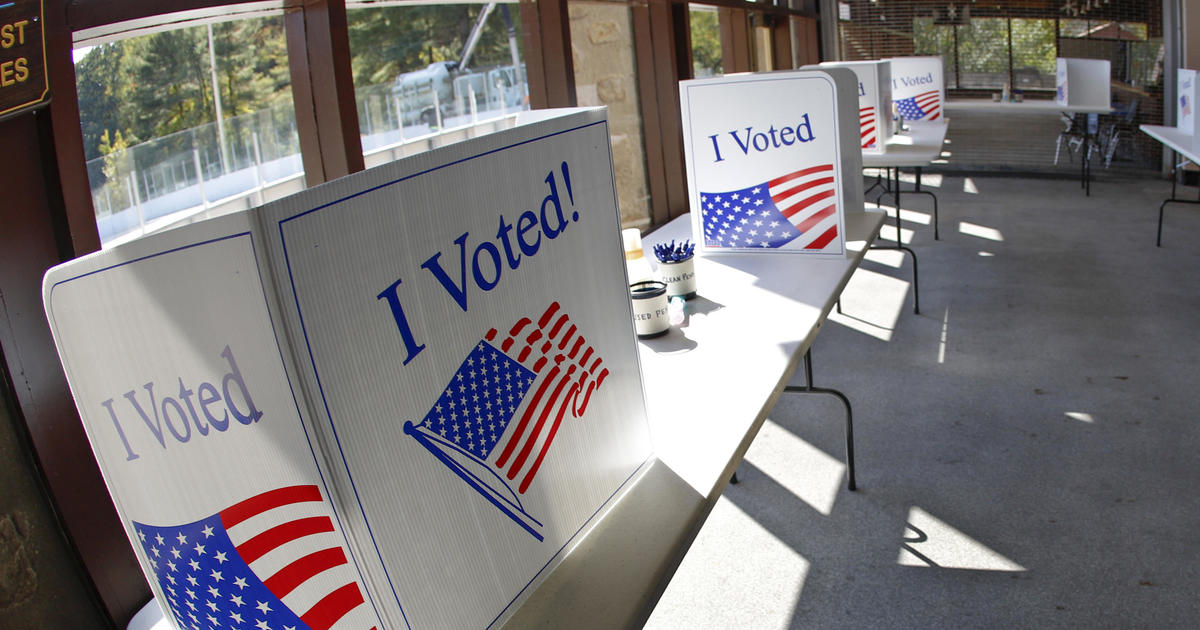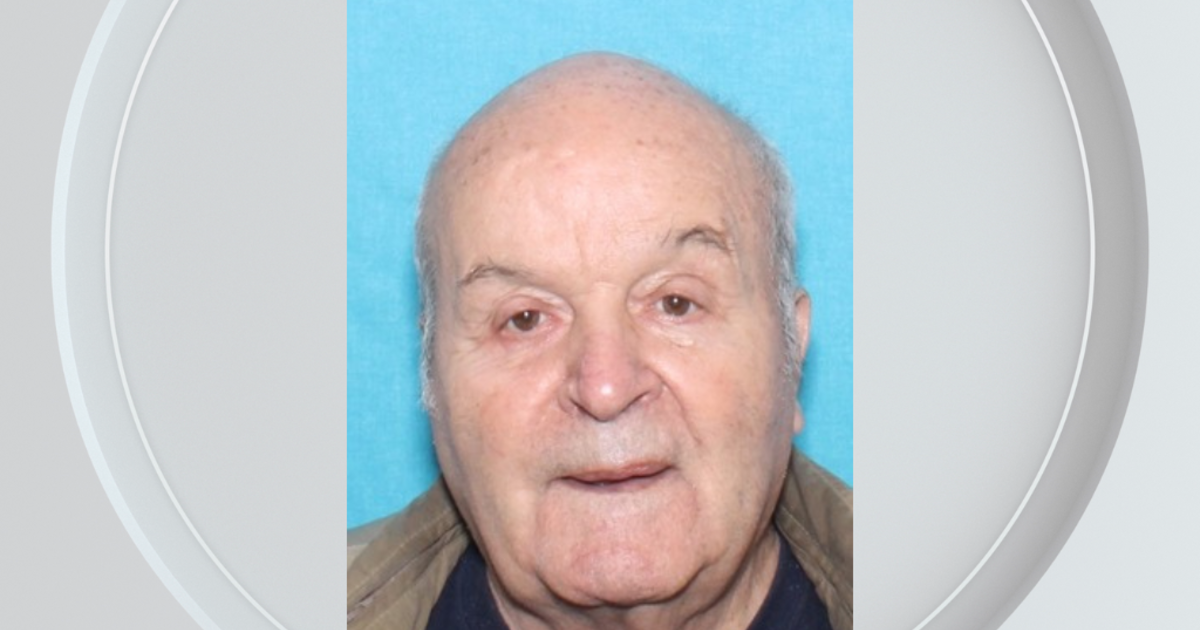Pa.'s 'Stand Your Ground' Law Different From Florida's
PITTSBURGH (KDKA) -- The George Zimmerman case has raised lots of questions about so-called "stand your ground" laws.
U.S. Attorney General Eric Holder has asked states to review these laws.
For years, Pennsylvania has had the "castle doctrine," recently amended to include "stand your ground."
Many know the "castle doctrine," the use of deadly force to defend your home against an intruder, but in 2011 Gov. Tom Corbett signed an expanded version of this, including a "stand your ground" provision.
"[It] went through the House and Senate with really huge support," former Lawrence County District Attorney Matthew Mangino told KDKA political editor Jon Delano. "There were only four senators who opposed it."
Under the new law, a person in any lawful place outside his home "has no duty to retreat and has the right to stand his ground and use force, including deadly force if . . . (he) believes it is immediately necessary to do so to protect himself against death, serious bodily injury, kidnapping, or sexual intercourse by force or threat." (18 PA consolidated statutes 505(b)(2.3)).
Mangino says many prosecutors don't like this law.
"We should not authorize lethal force when someone has the ability to get away from that dangerous situation," he said.
But it's the law; although, it's not the same as Florida's law.
What makes Pennsylvania's "stand your ground" statute different from Florida is that before you can stand your ground -- that is, not retreat when retreat is possible -- and shoot and kill an assailant because you fear severe bodily injury, your assailant must have a lethal weapon.
A gun, a knife. Or anything else?
"If you're a known boxer and you come at someone with your fists, there's case law in places that suggest those could be considered lethal weapons," noted Mangino.
But Mangino says George Zimmerman argued self-defense, not "stand your ground," after he was punched by Trayvon Martin.
"He was in fear at that point of death or serious bodily injury and couldn't retreat. I mean he was in the grasp of Trayvon Martin, and he shot him in self-defense. That was a pure, clear self-defense case. It wasn't a "stand your ground" or "castle doctrine" case," noted Mangino.
RELATED LINKS:
More reports on the George Zimmerman case
More Reports by Jon Delano
Join The Conversation On The KDKA Facebook Page
Stay Up To Date, Follow KDKA On Twitter


